Advisory Council
The Krach Institute Advisory Council is a diverse global community of hundreds of committed experts from key industry sectors, government agencies, and academic institutions. Together, they provide strategic guidance, expertise, networking, outreach and advocacy to advance the mission of the Institute.

The Hon. Frank Fannon
Senior Visiting Fellow and Advisory Council Member
GTSC Commissioner for Clean Energy and Electrical Grids, Managing Director of Fannon Global Advisors and Former Assistant Secretary of State
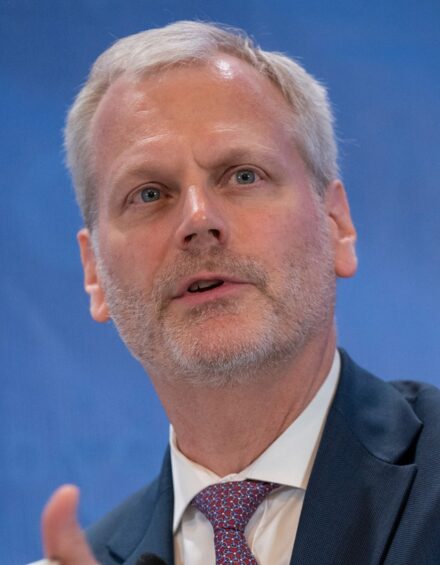
Eric Farnsworth
Advisory Council Member
Vice President and Washington Office Head, Americas Society/Council of the Americas
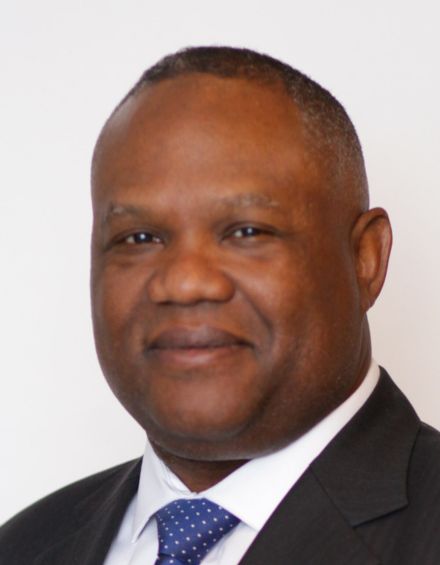
Justin Fauntleroy
Advisory Council Member
Joint Staff Futures and Concepts SME / Deputy Program Manager
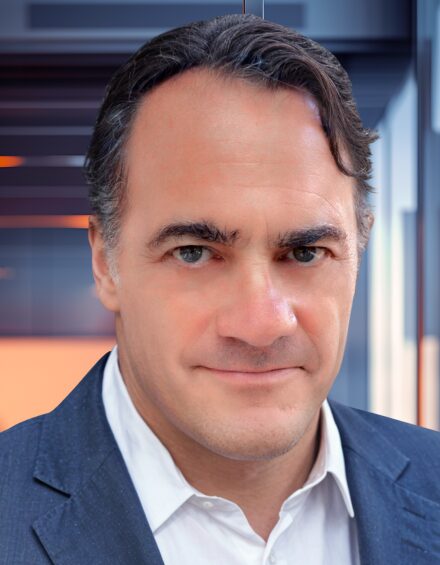
Sam Featherstone
Advisory Council Member
CEO, Level 4 Ventures
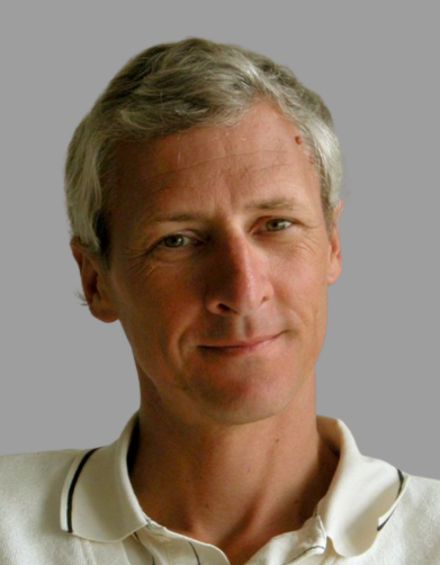
Curtis Feeny
Advisory Council Member
Senior Advisor, Peterson Partners
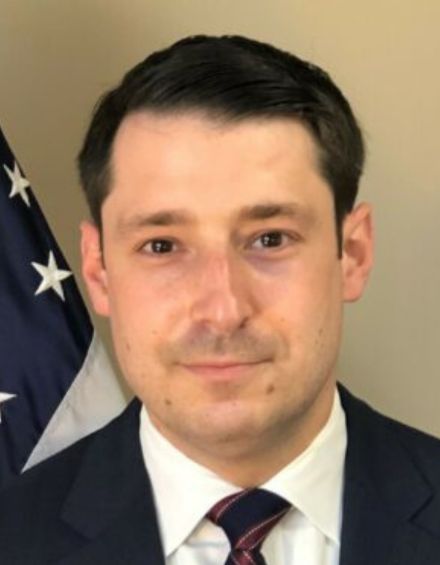
David Feith
Advisory Council Member
Former U.S. Deputy Assistant Secretary of State for East Asian and Pacific Affairs, U.S. Department of State
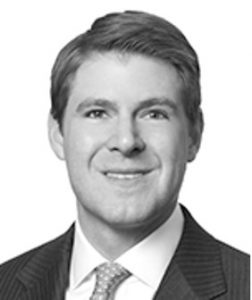
Chris Fetzer
Advisory Council Member
Partner, Dentons (Washington, D.C.)
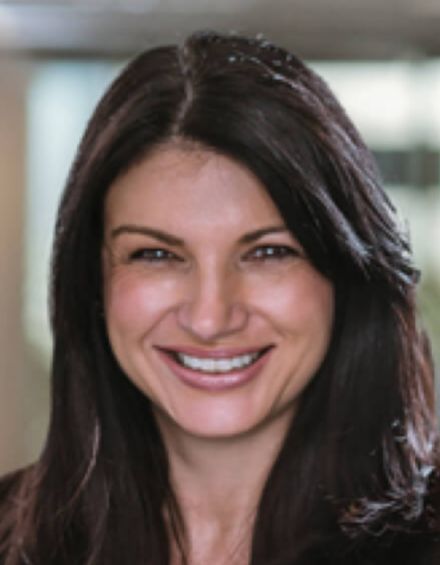
Christine Flahaux
Advisory Council Member
SVP, Brand, Growth and Experiences, Automation Anywhere
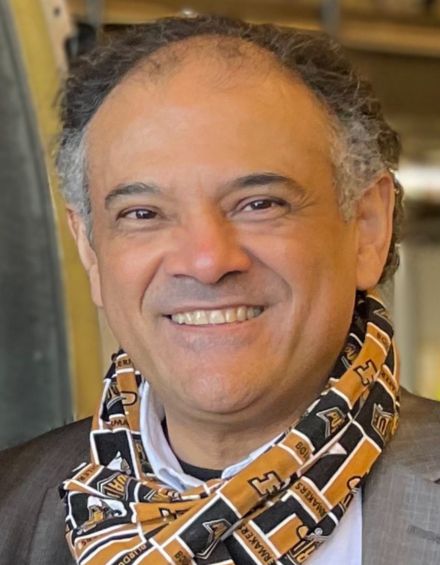
Dr. Abner Del Cid Flores
Advisory Council Member; Senior Lecturer at Purdue University
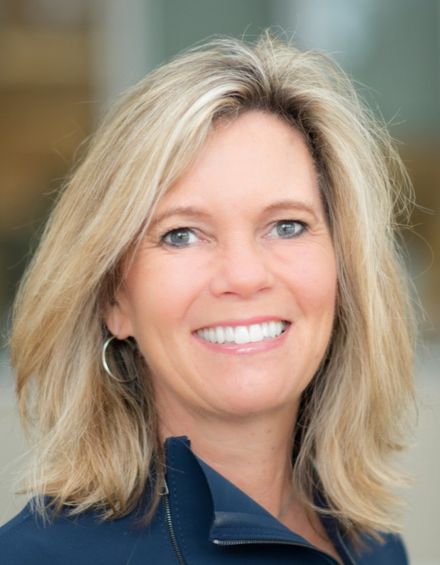
Diane Flynn
Advisory Council Member
Cofounder and CEO, ReBoot Accel
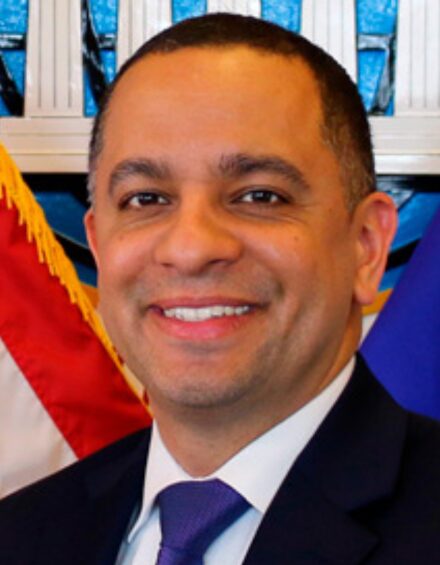
Sergio Fontanez
Advisory Council Member
Former Senior Advisor to the President and Chair, Export Import Bank of the United States
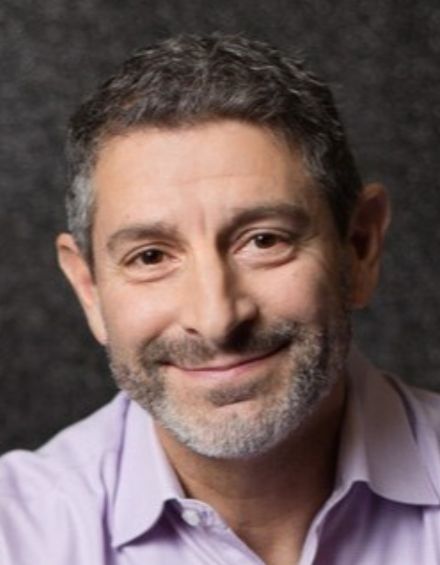
Brian Frank
Advisory Council Member
Chief Operating Officer, Cameo
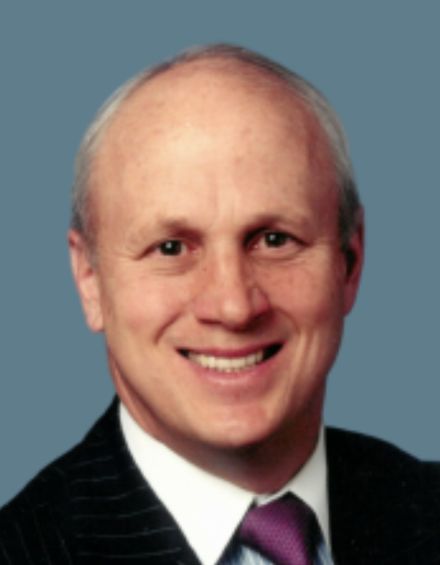
Frank Dunlevy
Advisory Council Member
Vice Chair, Investment Banking, Cowen and Company, LLC
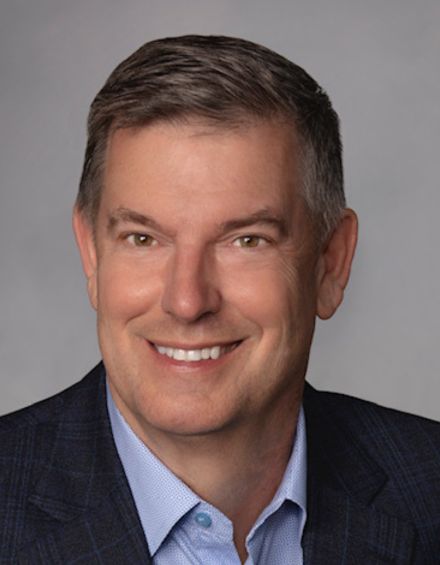
Rich Freeland
Advisory Council Member
Chairman of the Board, Valvoline and Former COO & President, Cummins, Inc.
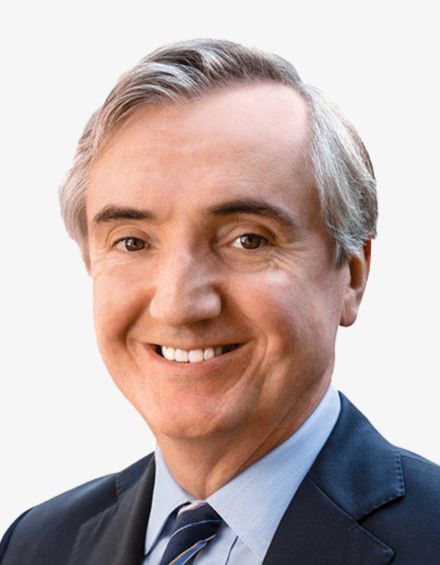
Joseph Fuller
Advisory Council Member
Professor of Management Practice in General Management, Harvard Business School
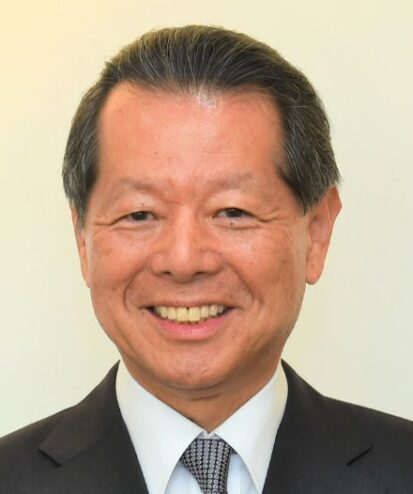
Yoichi Funabashi
Advisory Council Member for GTSC Japan
Former Chief Editor of “Asahi Shinbun”;Founder, Asia Pacific Initiative

Liz Fuscaldo
Advisory Council Member
Partner, Defense and Security, Guidehouse